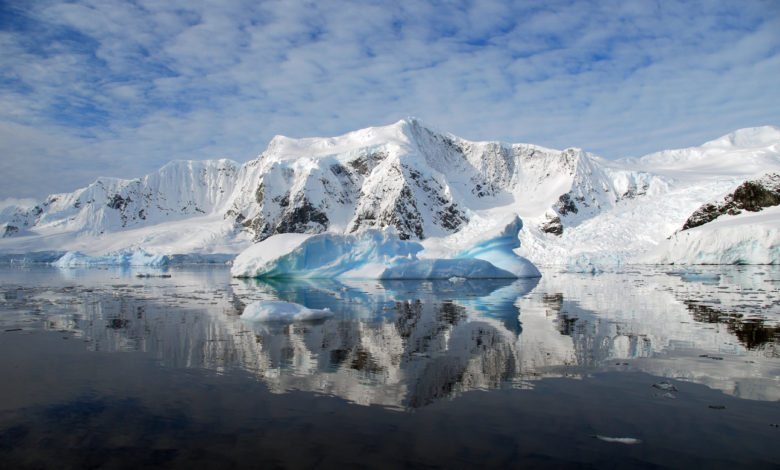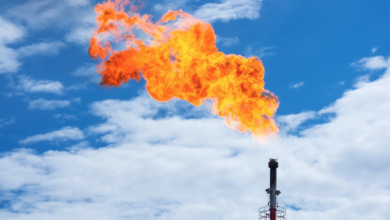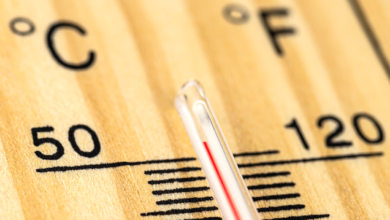Thwaites glacier “breath” anticipates its irreversible melting

If it melts completely, the Thwaites Glacier would increase the global sea level by 60 cm
One of the most unstable and large glacial languages in Antarctica could melt much earlier than expected. Already within 10-20 years, the Thwaites Glacier could surpass the point beyond which its melting is destined to accelerate. If it melts completely it would cause a rise in sea levels around the world of 60 centimeters.
The cause? The intrusion of sea water – warmer – under the glacier. The phenomenon has long been known as well as its contribution to overall instability. But for the first time, an international team of researchers managed to get direct evidence of the extent of the intrusion and recalculate its impact.
The tides make the Thwaites glacier “breathe”
Thanks to the use of satellite images, the authors of the study published on PNAS have “corrected” the models most used today to evaluate the future behavior of the Thwaites glacier. So far, these models are based on a clear transition between ice anchored to the underlying rock and floating ice at sea, excluding fusion at the transition point.
Melting glaciers in Antarctica, could be 15% more consistent than expected
But new evidence shows that melting the glacier is more like “breathing“. The intrusion of sea water occurs at regular intervals, dictated by the tides, and causes the glacier to rise and descend cyclically, part of the glacier anchored to the rock. A significant fact, also because the most consistent fusion occurs precisely when the first contact between ice and seawater occurs. The size and geography of Thwaites help determine how fast an accelerated melting can be triggered, as the tongue has a width of 120 km and a thickness of about 1.2 km.
“Thwaites is the most unstable place in Antarctica and contains the equivalent of 60 centimeters of sea level rise,” stresses Christine Dow of the University of Waterloo and co-author of the study. “The concern is that we are underestimating the speed at which the glacier is changing, which would be devastating for coastal communities around the world”.





